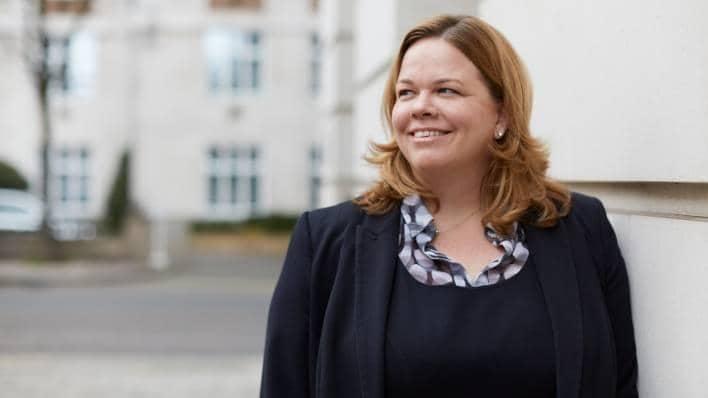
Charity challenge
A holistic approach across the three sectors of wealth, corporate and investment helps address the specific challenges of the charity sector, says Kathleen Britain, Head of Charities for Barclays Wealth and Investment Management.
Last year, Kathleen Britain moved from a strategic role, as Head of Citizenship, to become Head of Charities for Barclays Wealth & Investment Management – a post that is far more client facing. “It’s a big change for me personally,” she says. “I’m taking the skills I learnt in citizenship and applying them to the non-profit side of wealth management, but the new role is focused on clients.”
In her new role leading a team of 20 specialists including four portfolio managers, Britain is identifying the specific wealth management needs that charities, as distinct from private clients, possess. “The first thing you should think about when dealing with a charity’s investment portfolio is ‘what is the objective for the charity?’” she says. “It’s a different driver for how you look at things, because you have this investment pot that needs to sustain the charity, in some cases into perpetuity, to achieve their mission for years to come.”
When you put together corporate banking, wealth management and investment banking, there’s no other asset manager around who can offer that, in a joined-up way. The way we work together across the bank to enhance our offering to charity clients has massively improved, and it’s something we can do that our competitors can’t
Head of Charities
Britain says that “most of the time” there are parameters in charities’ investment policies that specify exclusions or have preferred investment themes, but “social investment isn’t a third class of investment, it’s always an integral part of how we look at portfolios.
"I wouldn’t say the needs of a charity, on a pure account basis, are massively different. They are still going to look for investment strategies you find on the private client side, but you do find – and I think this is where Barclays has a distinct advantage – that they look for the holistic approach we can provide.
"When you put together corporate banking, wealth management and investment banking, there’s no other asset manager around who can offer that, in a joined-up way. The way we work together across the bank to enhance our offering to charity clients has massively improved, and it’s something we can do that our competitors can’t."
Transparent value
The new political challenges around the charity sector, and increased public scrutiny, are also areas where Britain feels Barclays can add value: “There’s a real lack of trust in the sector at the moment. The general public wants to know where their money is going when they donate and there’s a lot of scrutiny around charity fundraising and spending.
"Transparency is a huge issue, and banks know a few things about being under scrutiny in that way.
“One challenge the sector has is getting that information across to the public so they understand the good things that go on behind the scenes. And the only way to do that is to be clear and transparent about where the money is going, and that helps bring the trust back.
"You have sensationalised news reports about charities spending all their funding on salaries and not enough on the end beneficiary, but actually if you drill down into that you will find that the money is going into programming for the beneficiary and the managers who are delivering the programming.”
Britain is a trustee of National AIDS Trust, Stop the Traffik and the Stephenson Trust. She sees the role of the trustee, in governance and in risk assessment, as being a significant current challenge to the sector, and adds: “There’s a real push to have qualified trustees who can spot warning signs, and Barclays is playing a big role in that through our board placement programme where we help train colleagues to be trustees of charities.”
“The issues that you face on charity boards can be pretty dramatic,” says Britain. “We’ve had wind-down discussions of ‘what happens if we don’t have enough money to sustain our work’. They’re incredibly stressful situations, but I do enjoy what I do.”
Britain’s current work with charities does overlap with her previous engagement in citizenship. She recognises the satisfaction that comes from fulfilling two of the more "feel-good" roles in the bank, but says: "Citizenship has been part of Barclays’ DNA for over 300 years. The thing that’s exciting about it is that it’s really led by colleagues. Colleagues get excited about things that mean something to them.
"What we’ve been able to do over the last several years is translate that into both the commercial and the social good. We’ve taken the great things we’ve been doing in this space for years and put more structure around that to allow results that go beyond the feel-good factor."